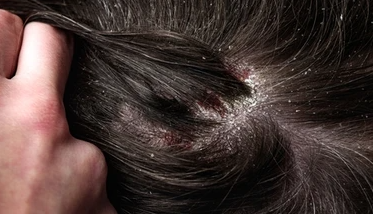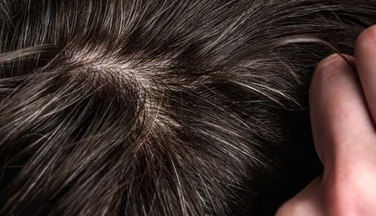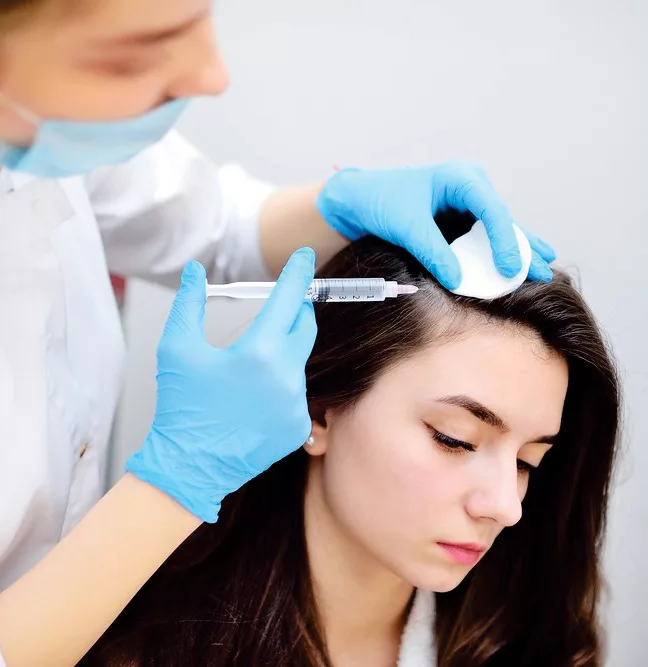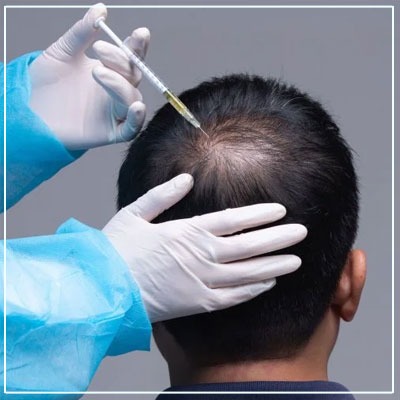
What is Dandruff?
Dandruff is a common scalp condition characterized by the shedding of dead skin cells from the scalp, often accompanied by itching. While it is not a serious medical condition, it can be bothersome and may affect self-esteem.
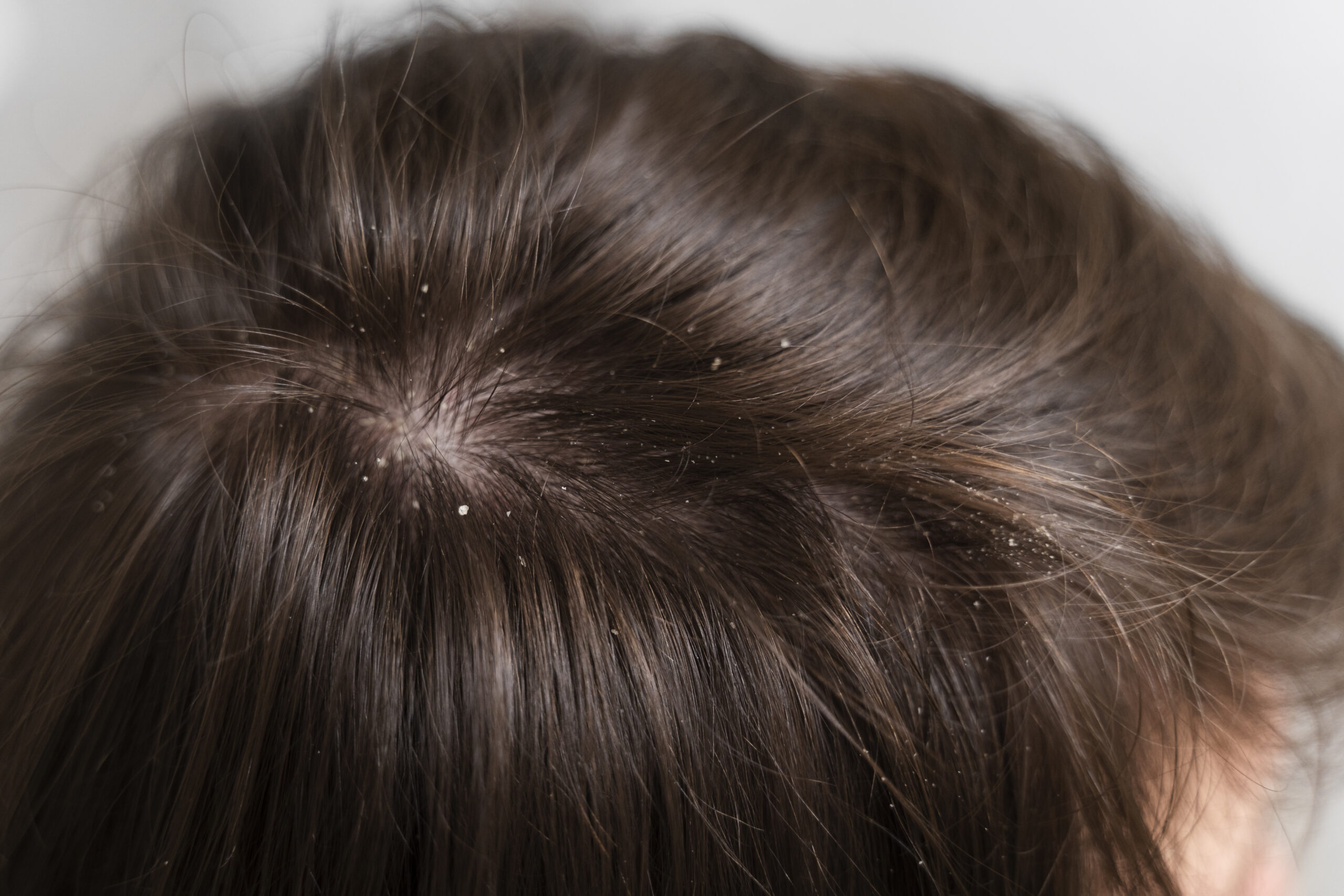
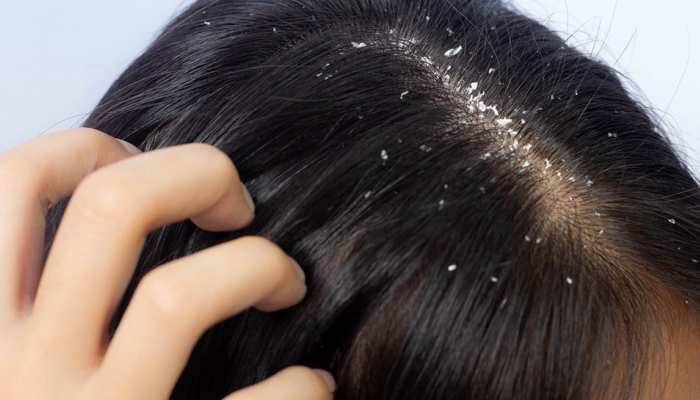
- Tea tree oil has natural antifungal properties that may help reduce dandruff.
- If your dandruff persists despite using over-the-counter treatments or if it becomes more severe, it's advisable to consult a dermatologist.
- They can help identify the underlying cause and recommend more targeted treatments if necessary.
What causes dandruff?
Dandruff is a common scalp condition that results in the flaking of the skin on the scalp.It's important to note that dandruff is a common and usually harmless condition. While it may be persistent, it is not typically a sign of poor hygiene. If over-the-counter dandruff shampoos and home remedies are not effective, or if the condition worsens, it's advisable to consult a dermatologist for a proper diagnosis and targeted treatment plan.
Dry Skin Dandruff:
Types Of Dandruff
If dry skin dandruff persists or worsens despite these measures, it's advisable to consult with a dermatologist. They can provide a more personalized assessment and recommend specific treatments or prescription-strength products if needed.
Yeast-Related Dandruff:
Yeast-related dandruff is a common type of dandruff caused by the overgrowth of a yeast-like fungus called Malassezia on the scalp. This overgrowth can lead to irritation, inflammation, and the shedding of skin cells.
Seborrheic Dermatitis:
Seborrheic dermatitis is a common inflammatory skin condition that can affect various areas of the body, including the scalp. It is characterized by red, itchy, and flaky skin. When it affects the scalp, it often leads to a type of dandruff.
Oily Scalp Dandruff:
Oily scalp dandruff, also known as seborrheic dermatitis, is a common condition characterized by an overproduction of sebum (skin oil) on the scalp. This excess oil can create an environment conducive to the growth of Malassezia yeast, leading to inflammation, itching, and the presence of oily, yellowish flakes.
Frequently Asked Questions
Q.1. Does DermaDent Clinic offer personalized treatment plans for dandruff?
Absolutely! At DermaDent Clinic, we understand that each patient is unique. Our dermatologists create personalized treatment plans tailored to your specific dandruff condition.
Q.2. How often should I visit DermaDent Clinic for dandruff follow-ups?
DermaDent Clinic recommends regular follow-ups to track progress and make necessary adjustments to your personalized treatment plan, ensuring the best outcomes for your dandruff management.
Before & After Picture Gallery
Before And After Dandruff Treatment
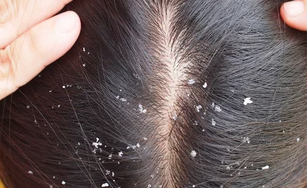
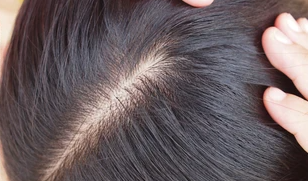
Dandruff Removal Treatment
